You're moving out of your home – maybe relocating for a job or upgrading to a bigger place – and now you're facing a big question: Should I sell or rent my home? The sell vs rent house dilemma has no one-size-fits-all answer because what's best depends on your unique situation. In this blog, we'll break down the pros and cons of each option and walk through key factors to help you make an informed decision for your home and finances.
Many homeowners find themselves torn between selling their house for a lump sum and renting it out for monthly income. If you're a first-time homeowner or even a real estate investor, you know this choice can feel overwhelming. On one hand, selling could mean cashing in on your home equity and walking away with profit. On the other hand, renting out your house might provide steady passive income from rental property. To figure out what's right for you, let's start by looking at the pros and cons of each route.
Selling Your House: Pros and Cons
Pros of Selling
-
Immediate cash and profit: Selling your home provides a lump sum of money at once. This is great if you need funds for a new home down payment, to pay off debts, or to invest elsewhere. If you have significant equity, selling a house for profit can put a large amount of cash in your pocket quickly.
-
No landlord responsibilities: Once you sell, you're free from the ongoing responsibilities of property ownership. You won't have to worry about tenant issues, maintenance, or managing a rental.
-
Simplified finances: You eliminate the expenses that come with home ownership. There's no more mortgage, property tax, or insurance payments on that property once it's sold.
-
Take advantage of a seller’s market: If housing prices are high and demand is strong, you can capitalize by selling now. You might even get above your asking price or multiple offers.
-
Avoid future market risk: By selling, you lock in your gains and avoid the chance your home’s value could decline in the future.
Cons of Selling
-
Loss of future gains: If your home is in an area likely to appreciate, selling means you won’t benefit from that future increase in value.
-
Selling costs and taxes: Selling isn’t free. Real estate commissions and closing costs will cut into your profit. Depending on your profit, you may also owe taxes.
-
No passive income: By selling, you give up ongoing monthly cash flow.
Renting Out Your House: Pros and Cons
Pros of Renting
-
Monthly income stream: Renting out your house gives you regular rent payments. This passive income from rental property can cover the mortgage and even add extra income.
-
Building long-term wealth: Keeping the house means you build equity as the mortgage gets paid down, while benefiting from any appreciation over time.
-
Home flexibility: You can always move back in if your circumstances change.
-
Tax benefits: Landlords can often deduct expenses like repairs, property management fees, and depreciation.
Cons of Renting
-
Being a landlord is work: You’ll need to manage tenants, handle repairs, and deal with emergencies. A property manager can help, but that eats into profits.
-
Ongoing costs: You’re still responsible for maintenance, property taxes, and insurance.
-
Risk of vacancies or bad tenants: Months without a tenant or one that damages the property can quickly erase profits.
-
Legal challenges: You must comply with landlord-tenant laws and potentially deal with evictions.
Is It Better to Sell or Rent?
There’s no universal answer. The choice between selling or renting depends on your finances, lifestyle, market conditions, and future plans. Let’s walk through these factors.
Financial Factors: Money Needs and Goals
Ask yourself: Do you need the money from a sale right away? If you require the equity for your next home, selling might be the better choice. On the other hand, if you can keep the property without straining your finances, renting may work.
Consider whether the rent you’d earn would cover your mortgage, insurance, taxes, and maintenance. If rent is high enough to provide a profit, renting becomes appealing. If not, selling may be more practical.
Think about your broader goals too. If you sell, what will you do with the money? Invest, pay off debt, or buy another property? If you rent, will it help diversify your income and build wealth long-term?
Local Market Conditions
Market trends matter. In a seller’s market, you may maximize profits by selling. In a slower housing market, you might rent the home until values rise.
Also check rental demand. If rentals are in high demand and vacancy rates are low, renting makes sense. If demand is soft, you could struggle to keep tenants.
This is the core of long-term renting vs selling: Do you expect greater benefit now by selling, or later by holding the property?
Becoming a Landlord vs Selling
Becoming a landlord vs selling is partly a lifestyle choice. Do you want to handle tenant issues, repairs, and legal requirements? If not, selling may be best.
But if you’re comfortable with the responsibilities — or if you can hire a manager — renting could provide great returns over time. Some people even enjoy building a portfolio of rentals. Others find it stressful and prefer a clean break with a sale.
Future Plans and Length of Ownership
Think about whether you’ll ever want to live in the house again. If you might return, renting gives you flexibility.
Also, consider the condition of your home. If major repairs are on the horizon, selling could save you money and stress. If your home is newer and low-maintenance, renting becomes easier.
Finally, think about tax benefits. Selling a primary residence often comes with capital gains exemptions, while renting provides write-offs but taxable income. Timing can play a role in which option is more favorable.
Deciding to Sell or Rent Your Home
The decision comes down to what’s best for your lifestyle and finances right now and in the future.
-
If you want immediate cash, freedom from landlord duties, and don’t plan to live in the house again, selling may be the smarter choice.
-
If you’re interested in long-term wealth, passive income, and flexibility to return, renting could be better.
Put the numbers side by side: expected rental income, expenses, possible sale profit, and lifestyle factors. This comparison often makes the choice clearer.
Conclusion
Deciding to sell or rent your home is one of the biggest financial decisions you’ll make. Selling might give you immediate freedom and profit, while renting can help you build wealth and earn income over time. Both paths have their advantages and trade-offs.
Take a close look at your finances, the local market, and your willingness to manage tenants. Then make the decision that aligns with your short-term needs and long-term goals.
Thinking about whether to sell or rent your home in Vancouver? Every situation is different, and having expert guidance makes all the difference. At PLACE Real Estate Team – Oakwyn Realty, I’ve helped countless homeowners run the numbers, weigh the options, and make the choice that truly benefits their finances and lifestyle.
If you’re asking yourself “Should I sell or rent my home?”, let’s sit down and talk it through. I’ll give you a clear market analysis, rental projections, and professional insight so you can move forward with confidence.
Frequently Asked Questions (FAQs)
1. Is it better to sell or rent my house in Vancouver?
It depends on your financial situation, the local housing market, and your long-term goals. Selling provides immediate cash and no ongoing responsibilities, while renting offers steady income and equity growth.
2. What are the financial benefits of renting out a house?
Renting provides monthly income, long-term equity growth, and possible tax deductions on expenses like maintenance, management fees, and depreciation.
3. What are the downsides of becoming a landlord vs selling?
As a landlord, you’ll need to manage tenants, cover repairs, and handle vacancies. Selling eliminates those responsibilities but means you give up future rental income and appreciation.
4. How do I know if renting will cover my costs?
Compare estimated rental income against expenses such as mortgage payments, taxes, insurance, and maintenance. If rent exceeds costs, you may generate positive cash flow.
5. When is selling a house for profit the better option?
Selling can be ideal in a strong seller’s market, if you need the equity for a new home, or if you want to avoid future repair costs and landlord duties.

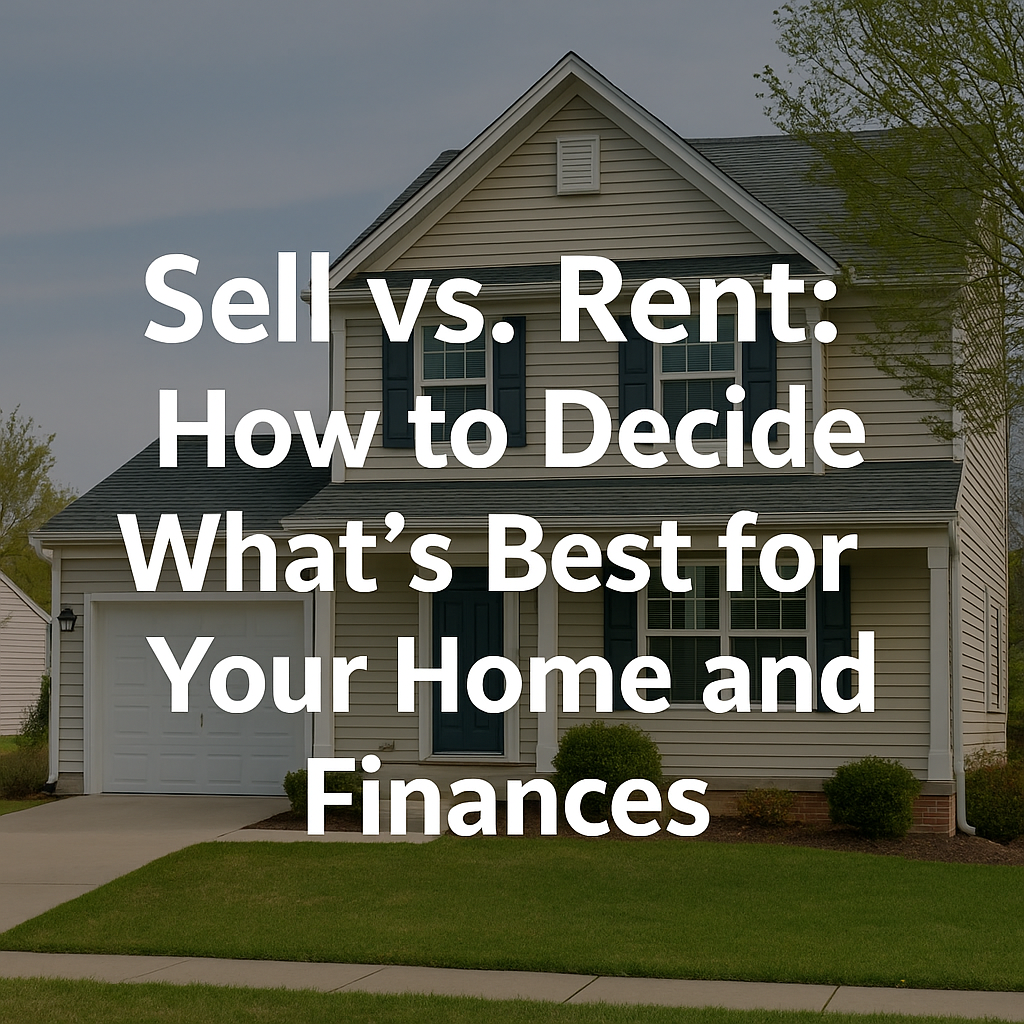
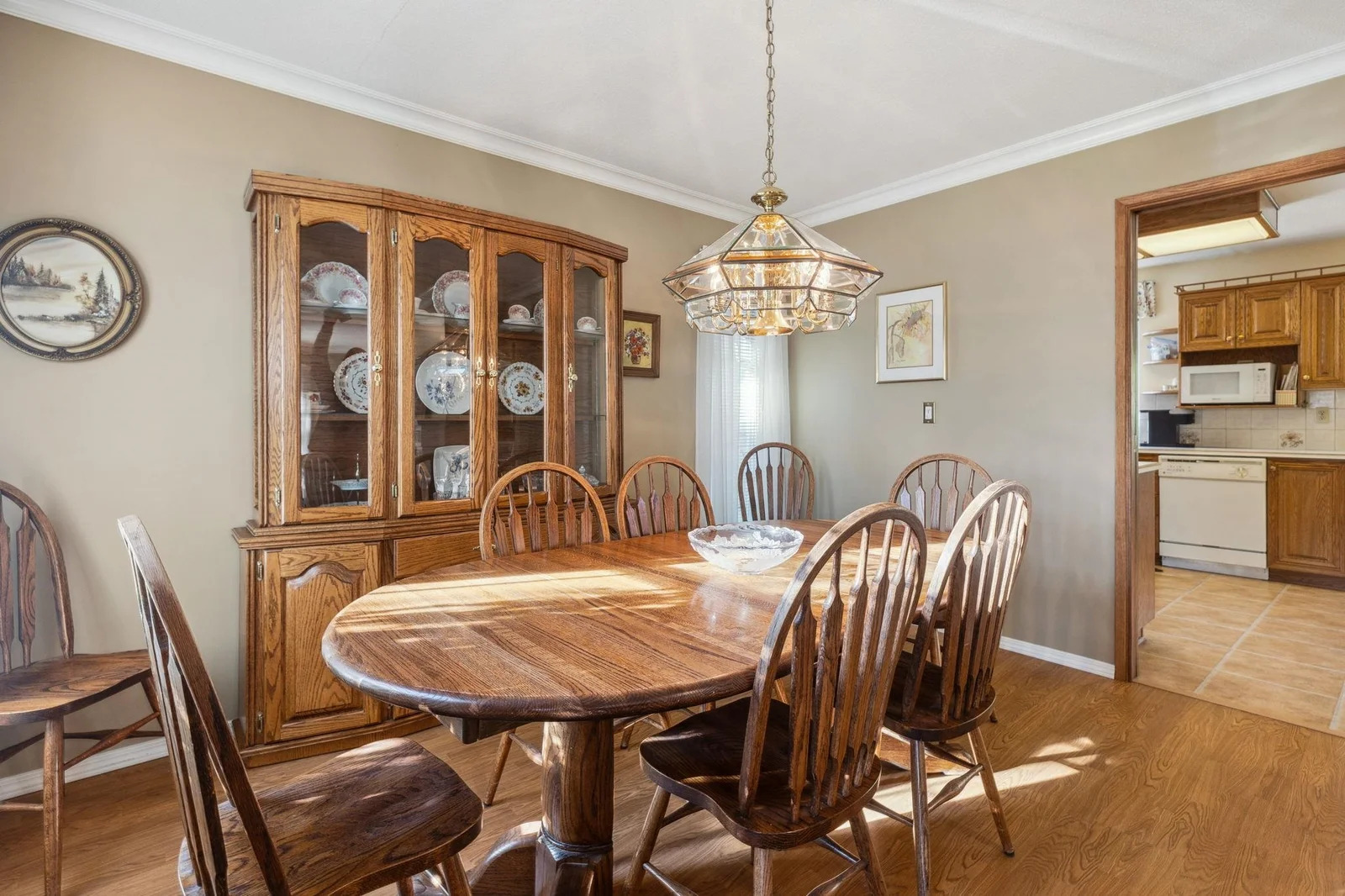
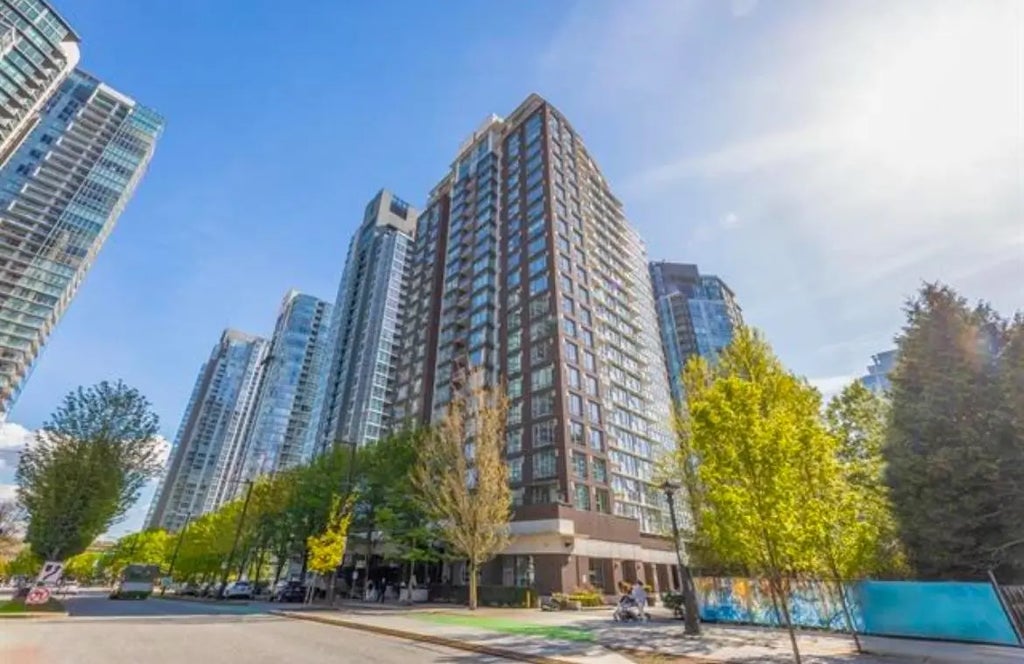

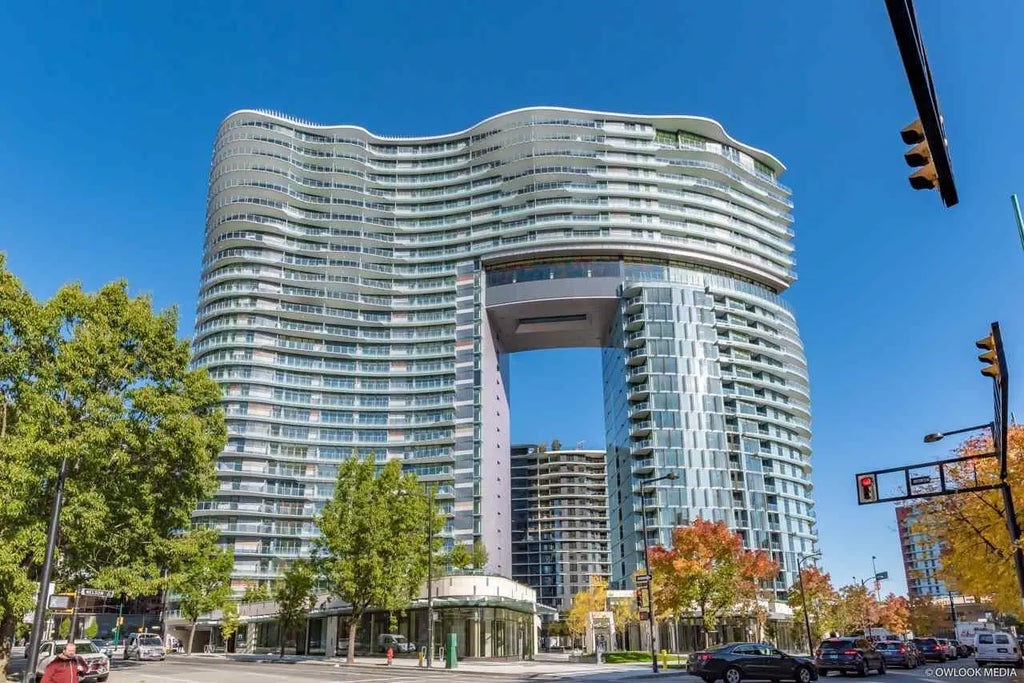
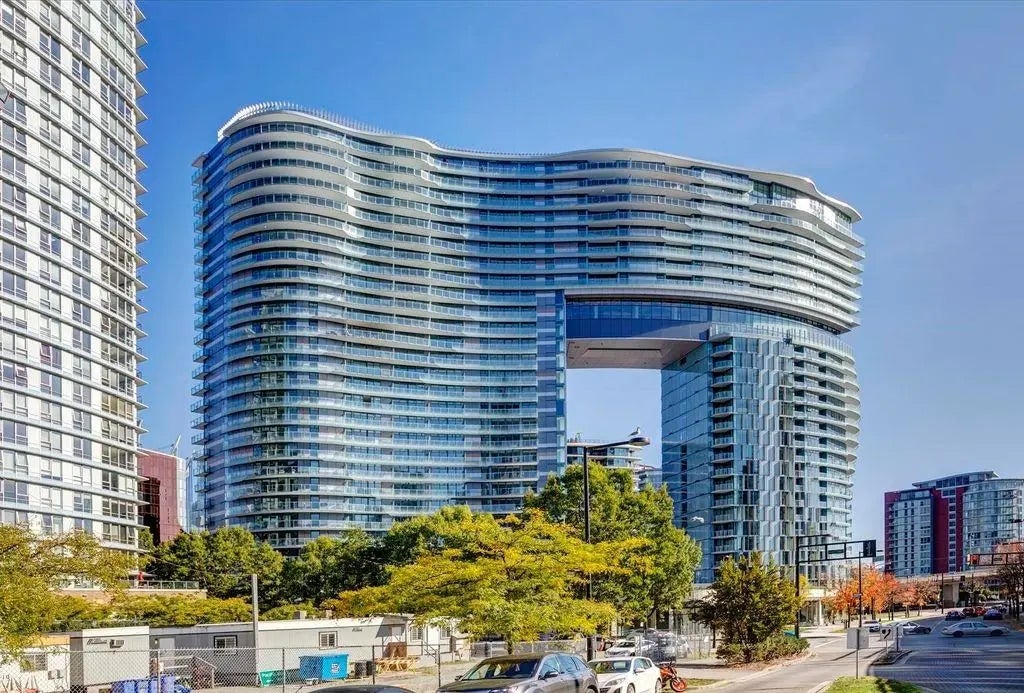
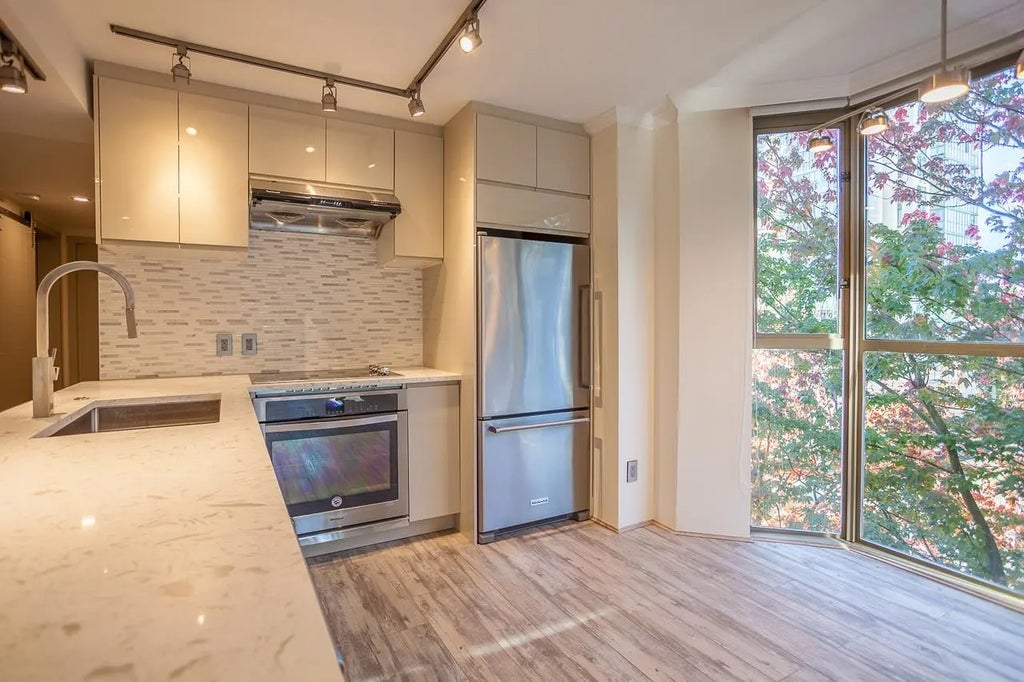





Leave A Comment